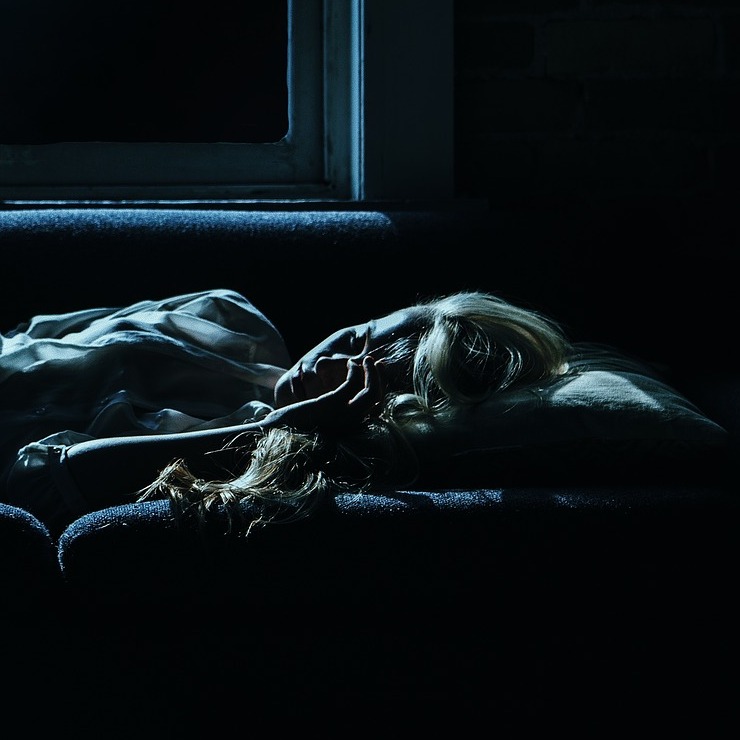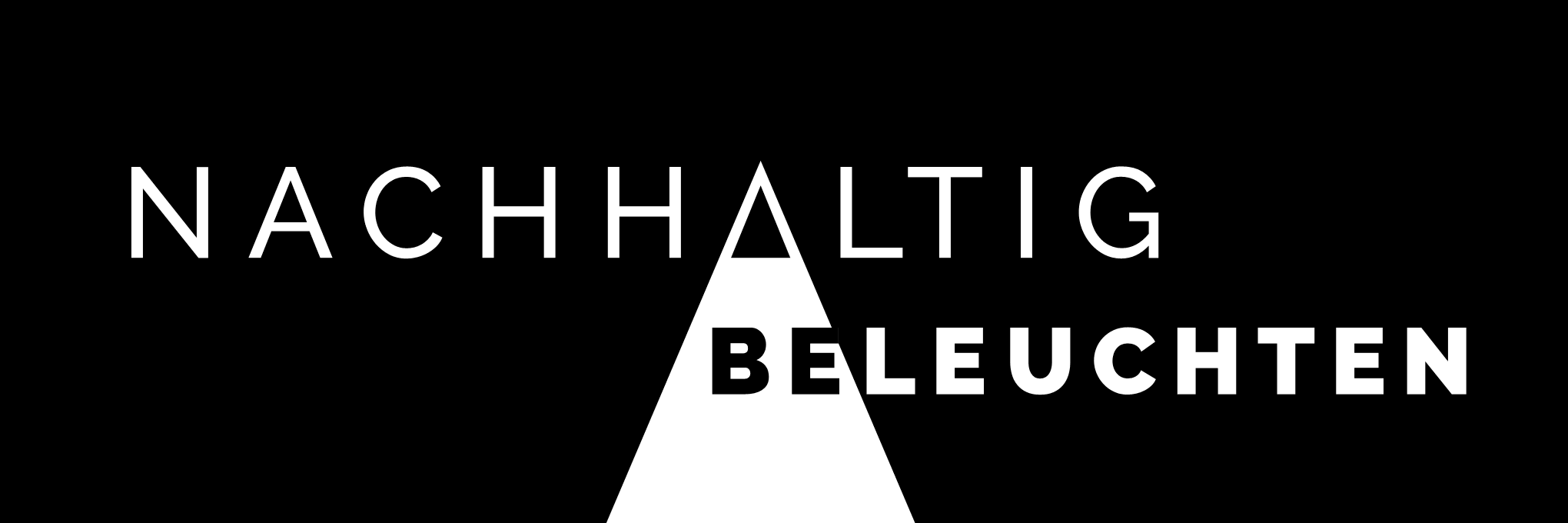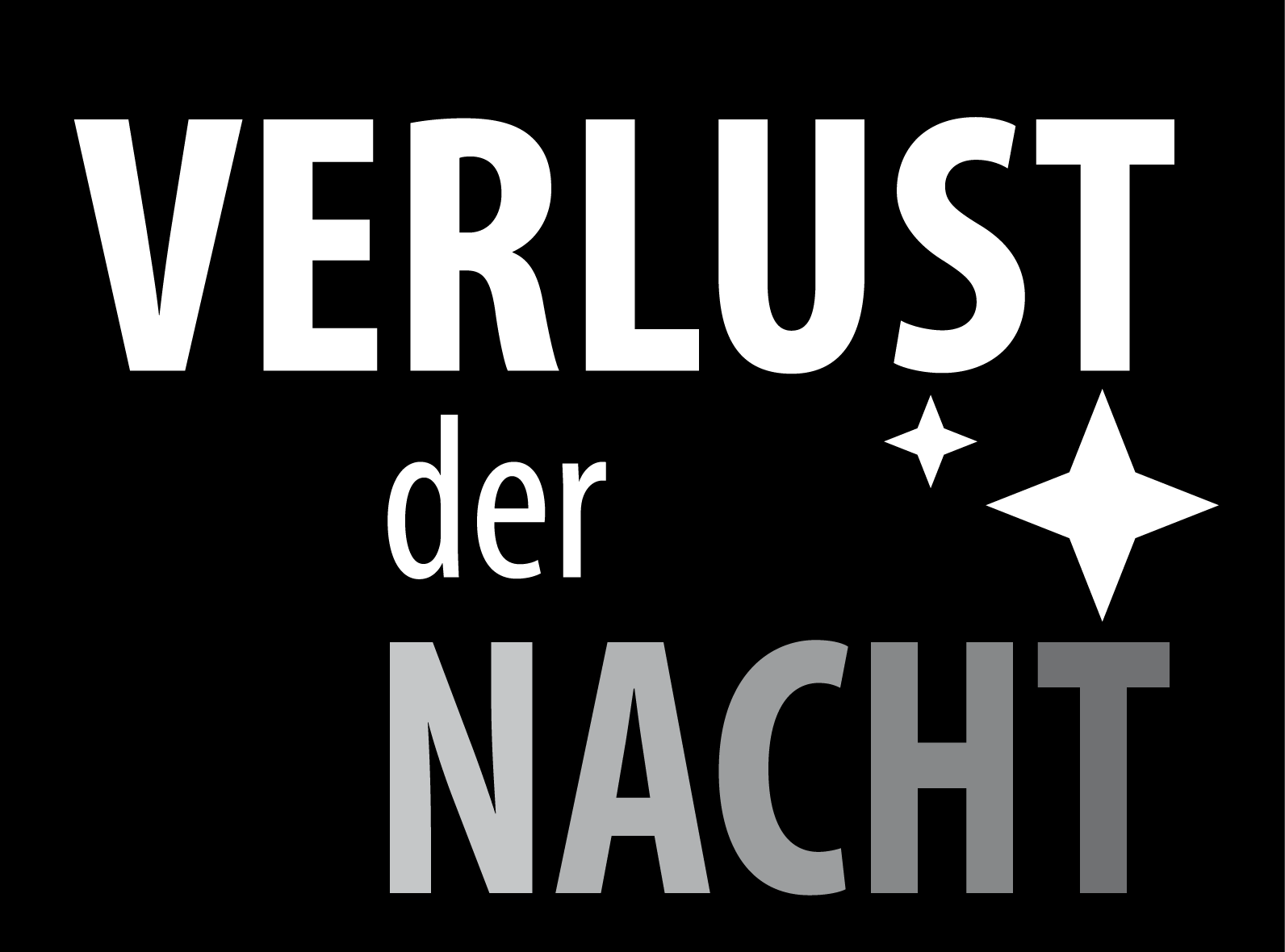
Health

Light is of great importance for our bodies, for it controls our inner clock and thus the biological rhythms which control sleep, heart rate, body temperature, hormon levels and countless other body functions. Light can also be a nuisance that keeps us from falling asleep. Lack of sleep is a health issue.
New technologies seduce us to use as much light as possible. An unlit street is considered as old.fashioned and undesirable. In this excitement for light we forget the value of darkness. We need dark night hours to rest our body and mind. Wihout darkness, we become ill. A growing number of people complain about the intensity and lack of quality of outdoor light. Scientific studies find links to depression, adipositas, and even some forms of cancer. More health issues are currently studied, including heart diseases and Alzheimer.
Never before have people had access to light in such quantity and variety, but darkness is getting scarce. In Germany, there is no place left with natural darkness. The number of people who feel annoyed by artificial light and even complain about problems with sleep is growning.
By now, there is little evidence that bright artificial light at night increases our safety, but growing evidence that it harms our well-being. Many problems we have with outdoor light could be reduced with a thought-through lighting concept. The aim should not be to be as bright as possible, but to create light that has more use than it does harm.
Blogposts about this topic
Light and sleep - or why we (usually) sleep at night
Nature- and neighbour-friendly Christmas lights
Short film: Light in harmony with human and nature
Is a 4000 Kelvin LED street light like the moon?
Night mode for LED displays - does it really work?
Losing control - gaining control: Hannah Ahlheim talks about sleep research
German blogposts about this topic
Der frühe Schüler verschläft den Wurm
Wenn blaues Licht uns nicht schlafen läßt
Photo: Sleeping woman #48289144 © Africa Studio - Fotolia.com



